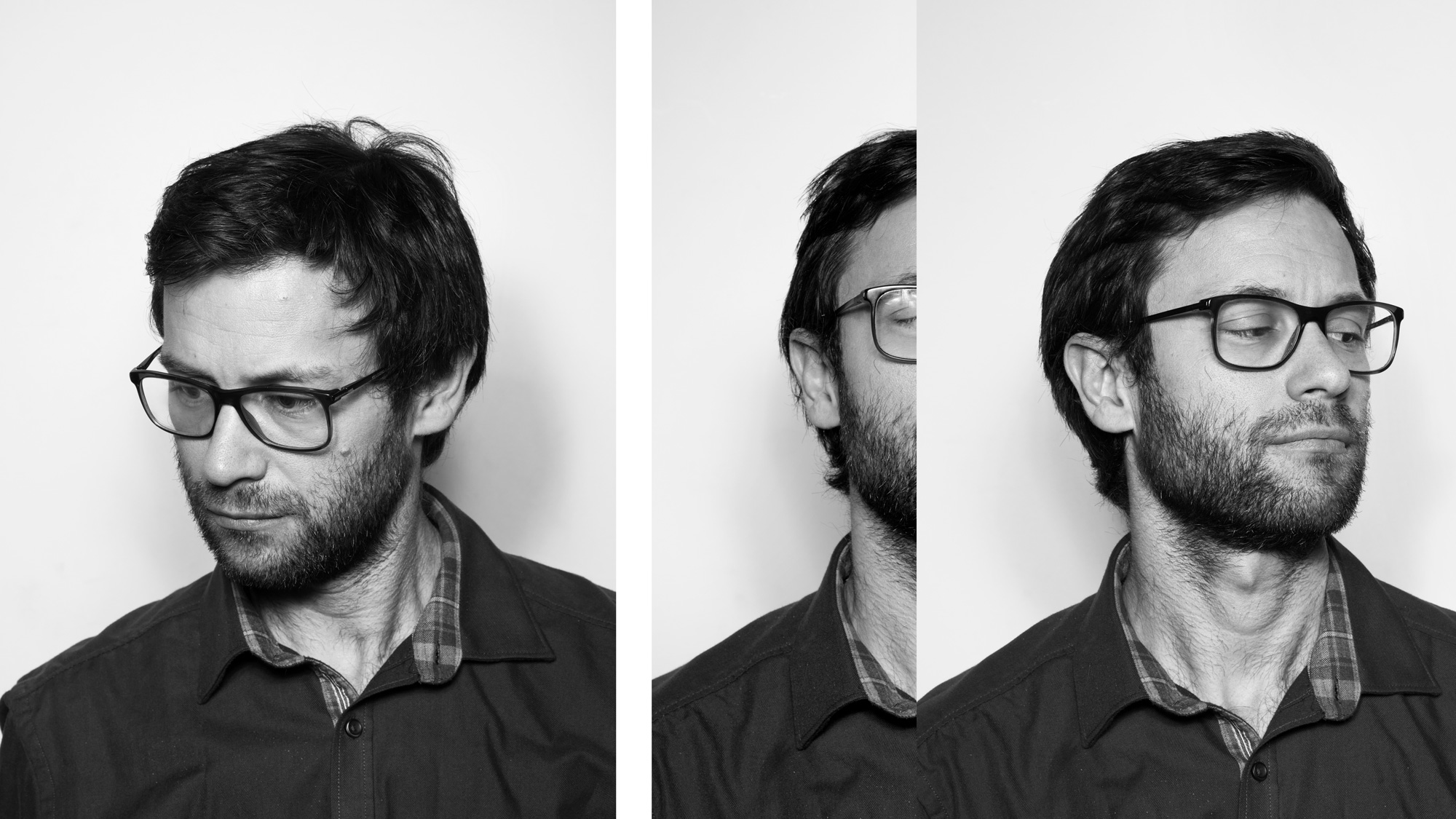CPH:DOX Head of Programme Department, Niklas Engstrøm on appreciating complexity and celebrating reality.
Photo: Emil Hartvig
Sound Matters: CPH:DOX
Niklas Engstrøm
CPH:DOX (or Copenhagen International Documentary Film Festival, if you prefer) has been part of an international shift towards non-fiction films that push the boundaries of how we depict our world. DOX Head of Programme Department, Niklas Engstrøm on appreciating complexity and celebrating reality.
Interview by Nathaniel Budzinski
The cliché about documentary films goes something like: they’re worthy but excruciating to watch, driven to find the truth in our cold, hard reality – but ultimately draining the viewer’s empathy after prolonged exposure. Working deep in a documentary film festival, how do you prevent ‘empathy-burnout’?
Well, the great thing about our cold, hard reality is that it’s not only cold and hard, but also warm and soft and beautiful and tender – reality is endlessly complex! The world is getting worse, but also still better, all the time. Which means that it will never run out of great stories to tell – some of these might need my empathy, others might need more cognitive reflection, others again will activate other parts of my brain. The best films do it all! So the only tiring thing to me is bad film-making and in that respect, documentary is no different from fiction – but at least, with documentary, I can always tell myself that I watched another story about this complex reality surrounding us...
Are there any activist/campaigning films in the new, 2018 programme that buck that ‘worthy but boring’ preconception?
Yes! The Sundance-winning Kailash about Indian Nobel prize winner Kailash Satyarthi will have its international premiere here at CPH:DOX – and it’s a campaign-film-within-an-action-movie! Exit by former-right-wing-extremist-turned-liberal-filmmaker Karen Winther is dealing with ex-extremists like herself in a personal and enlightening way. And Unsettling by Iris Zaki is a simple, but complex provocation that really works both as both activist dialogue project and personal art project.
““I want people to appreciate the complexity of reality... A documentary festival should not just be a bunch of films screening, but a massive celebration of reality – and that is what we’re trying to create...””
In a way, documentary films helped create a mainstream aesthetic of reality that is widespread across television and streaming platforms – what films create a convincing sense of ‘the real’ while at the same time experiment with ways of depicting reality?
Well, the question you asked here is exactly what we ask ourselves when we go hunting for films for competition, especially our main competition and the new:vision competition for the artists’ films. So let me highlight a few examples from the DOX:AWARD-nominated films – Salome Lámas´ hypnotic, black-and-white film Extinction is dark meditation on fluid national identity, moving between borders, between the monuments of the past – and between reality and dream. Last Year In Utopia is reinventing the idea of Brechtian alienation in the era of reality TV. And Welcome To Sodom combines the power of the (apocalyptic) image with the power of community-driven art in a way I have never seen before. Then I would highlight a film like the F:ACT Award-nominated Our New President – a subversive film that succeeds by using the method of found footage, but opens up this narrow, arty genre by urgently using footage we know so well in its description of the election of Trump seen from the Russian media perspective.
How important is sound for documentary film?
Films like the aforementioned Welcome To Sodom and Extinction really use sound as one of the most important ways to create a fully immersive atmosphere of apocalyptic darkness. Harmony is super interesting as well in the way that it uses music to bring us way out of the reality we meet on screen. And then there’s Time Trial, Finlay Pretsell’s portrait of professional cyclist David Millar where sound like really help us to get inside the mind of body of the protagonist in his painful trip up the mountains and downhill towards the end of his career. The wonderful soundtrack by Dan Deacon definitely helps here – and as he is fast becoming a master of documentary soundtracks, also doing the music for another CPH:DOX film, Rat Film, we have invited him to perform one of his always super energetic live shows after the last screening of Time Trial. An unforgettable Saturday night coming up!
What do you want the average viewer to take away from their experience of DOX?
I want people to appreciate the complexity of reality – which is also why we follow up so many of the screenings with debates, talks etc. What we hope to create by that is a bit of context – the films are seen in the company of other people and presented in a way that will help them stay with you a bit longer than the whatever film you happen to find on your VOD network. A documentary festival should not just be a bunch of films screening, but a big massive celebration of reality – and that is what we’re trying to create with CPH:DOX.
In terms of the artists, how important are festivals like DOX for them, and what experience do you hope the artists take away?
With the diversion of the film market, festivals are getting more important. Only a few films will end up on the global streaming sites – and while the ordinary distribution of art and niche films is struggling, festivals are a very important vehicle for a film to reach an audience around the world. CPH:DOX has a huge audience – and a great, active audience asking great questions! And then we try to create an atmosphere where the artists can meet each other (and possible distributors, buyers, financiers) in a nice way that doesn’t lose the personal touch despite the growth of the festival. Then I hope they will take the time to watch some of all the amazing films that all their colleagues present in the festival.
How do you want DOX to contribute to film, and to culture in general?
We want to change the world of documentary – and the world beyond. The goal we set 15 years ago was to expand the notion of documentary cinema and that is still our driving force. We want support adventurous, genre-bending, border-crossing filmmaking, which is why we keep selecting films that provokes the questions: is this a documentary? But that whole idea of challenging the notions of reality taken for granted is only getting more and more important in the era of media wars, fake news and powerful global media corporations. There’s no better way of educating yourself to grasp the complexities of modern media reality than jumping head-first into the programme of CPH:DOX!




